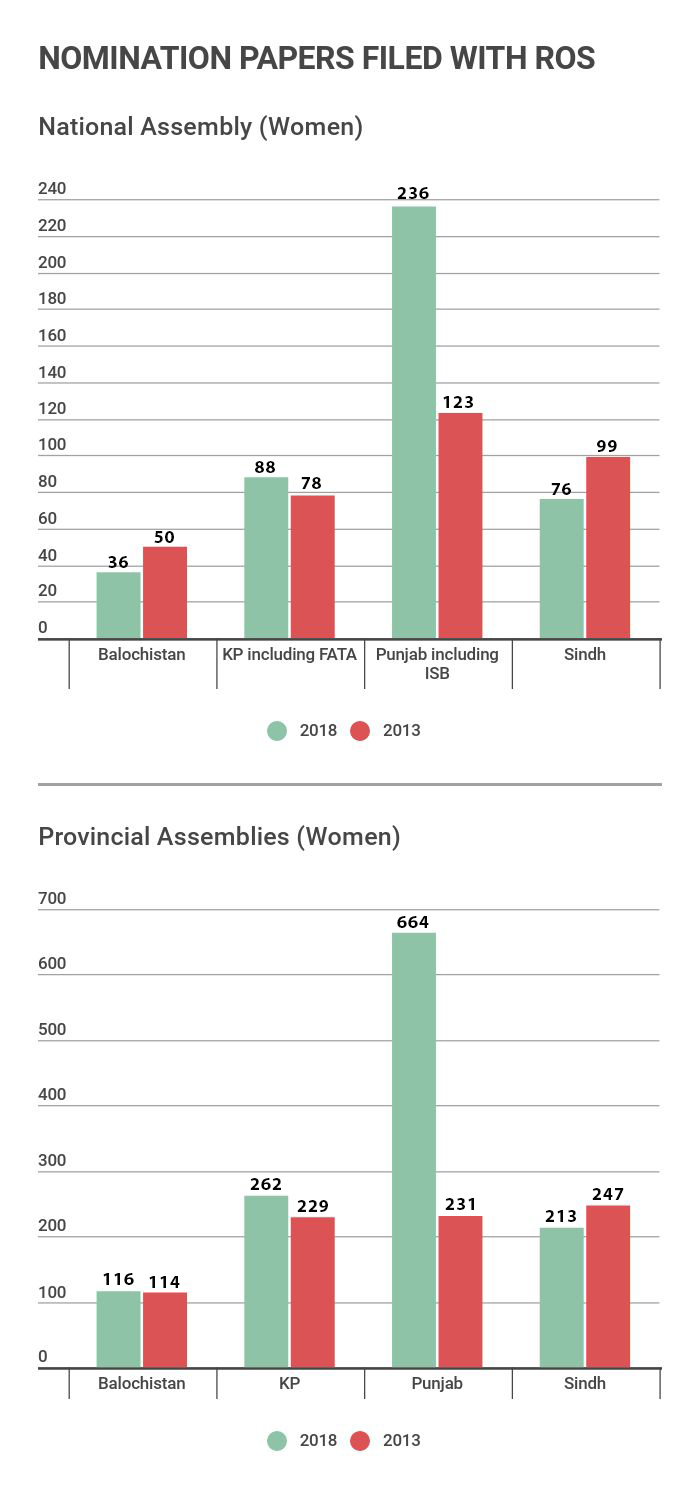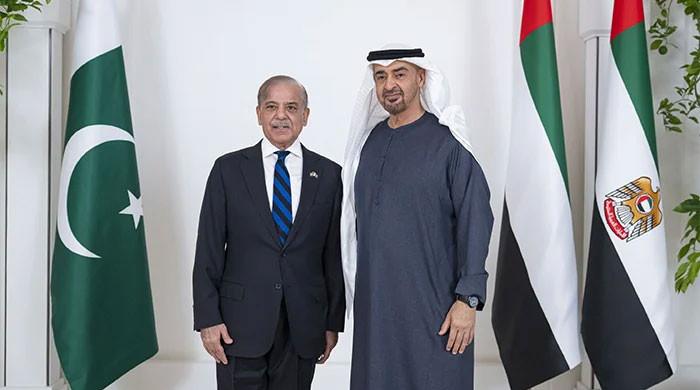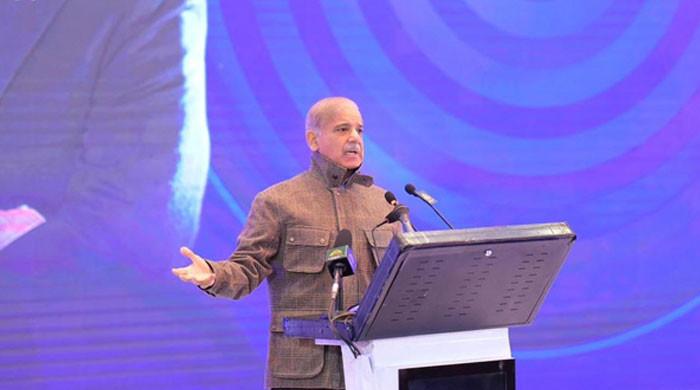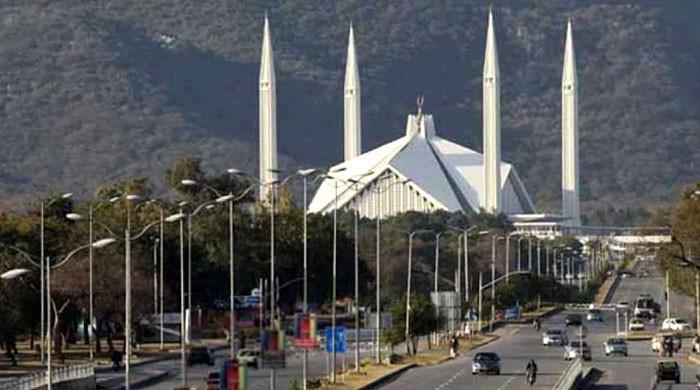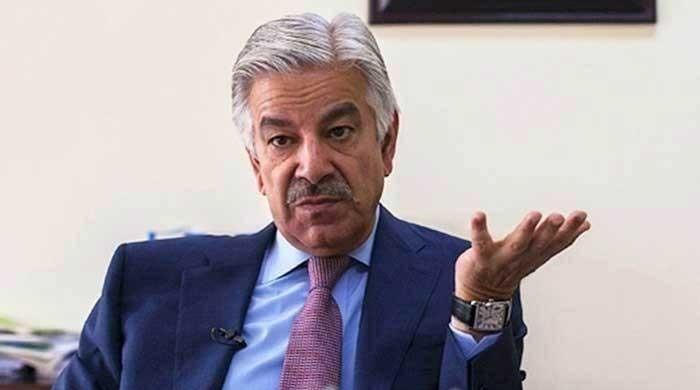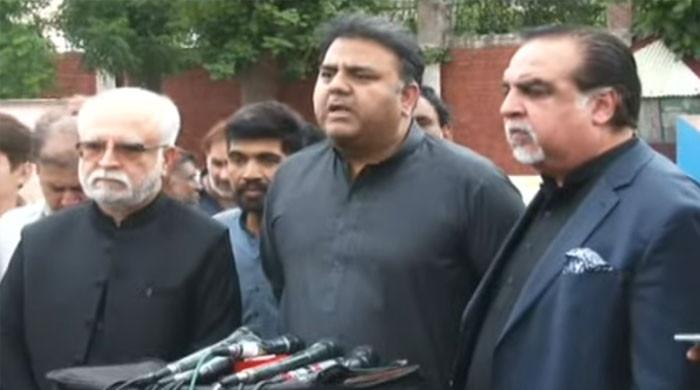Fewer candidates, more voters in the 2018 election
21,482 contestants filed their nomination papers for the 728 provincial and national assembly seat
June 25, 2018
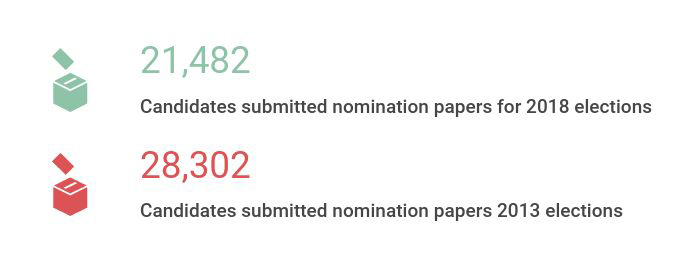
Fewer than expected candidates are in the fray for the 2018 parliamentary election in Pakistan.
According to the Election Commission of Pakistan (ECP), this time, only 21,482 contestants filed their nomination papers for the 728 provincial and national assembly seats, as against 28,302 aspirants in 2013. Even though, the number of voters has gone up by 23 per cent.
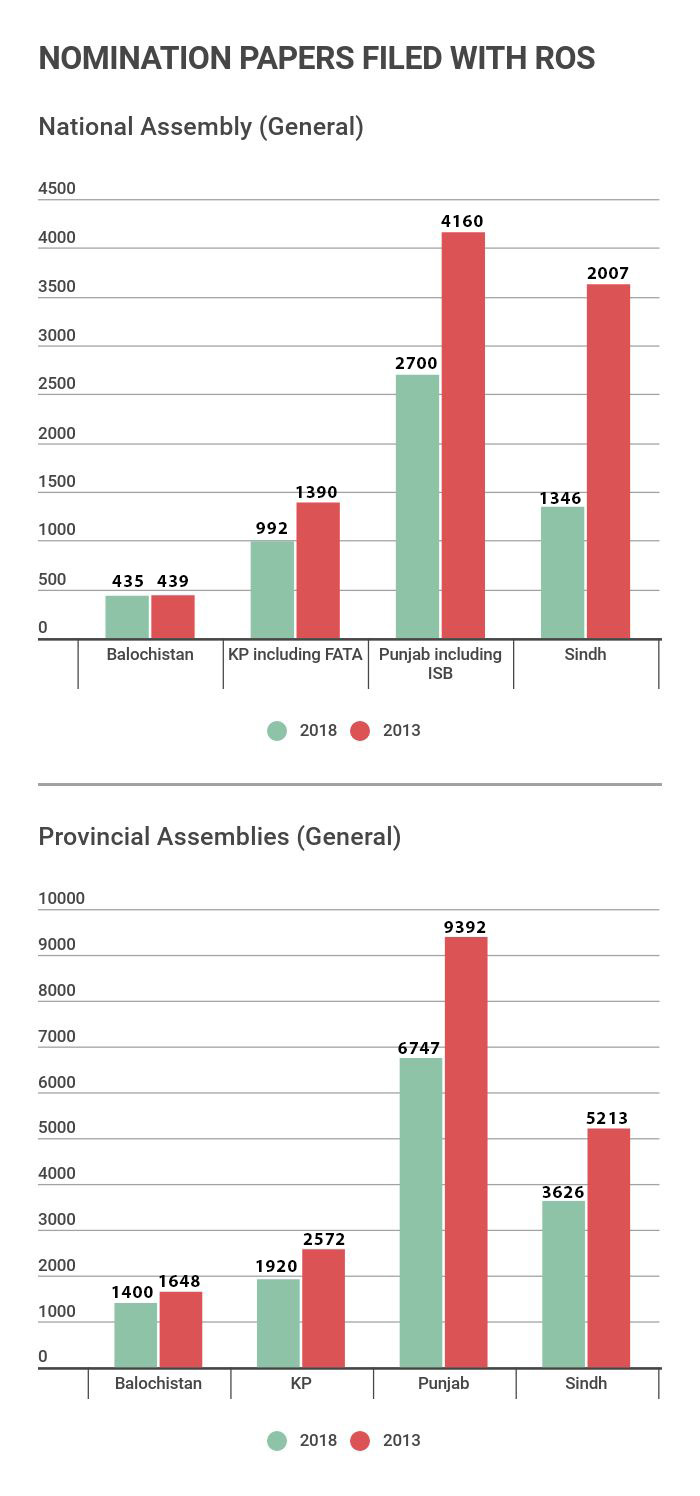
For Muddassir Rizvi of the independent Free and Fair Election Network (FAFEN) the drop is directly related to the hike in the security fee. “Earlier, a candidate made a deposit of Rs. 2,000 for a provincial seat and Rs. 4,000 for a national,” explains Rizvi, “Now, one has to submit Rs. 30,000 for national and Rs. 20,000 for provincial.” Also, this price tag is non-refundable. In 2013, if a candidate received less than one-fourth or so votes, he could ask for a refund. This may have had a deterrent effect on parliamentary hopefuls.
Another factor could be the stringent level of scrutiny and accountability being applied to politicians in the run-up to the polls. Last July, the Supreme Court of Pakistan sent then-Prime Minister Nawaz Sharif home for alleged corruption. Later, a parliamentarian and a prominent political leader, Jahangir K. Tareen, was disqualified from holding his membership of the national assembly due to non-declaration of his property in the United Kingdom. Both judgments have opened a floodgate. Thereafter, several cases of non-declaration and dishonesty by political leaders are pending in the courts or have already been decided. “There is a fear in the political circles that a person’s papers might not be accepted. Take the example of the Saifullah family from the Khyber Pakhtunkhwa province, who is staying out of this election race due to the pending cases,” adds Rizvi. There is an ongoing inquiry by the National Accountability Bureau regarding their accumulation of assets and alleged ownership of offshore properties.
But, the ECP data also shows a surge in the number of women and minorities who have filed their nomination papers for the 2018 election. This could be attributed to the Elections Act 2017, which requires political parties to ensure at least five per cent representation of women candidates when selecting for general seats.
